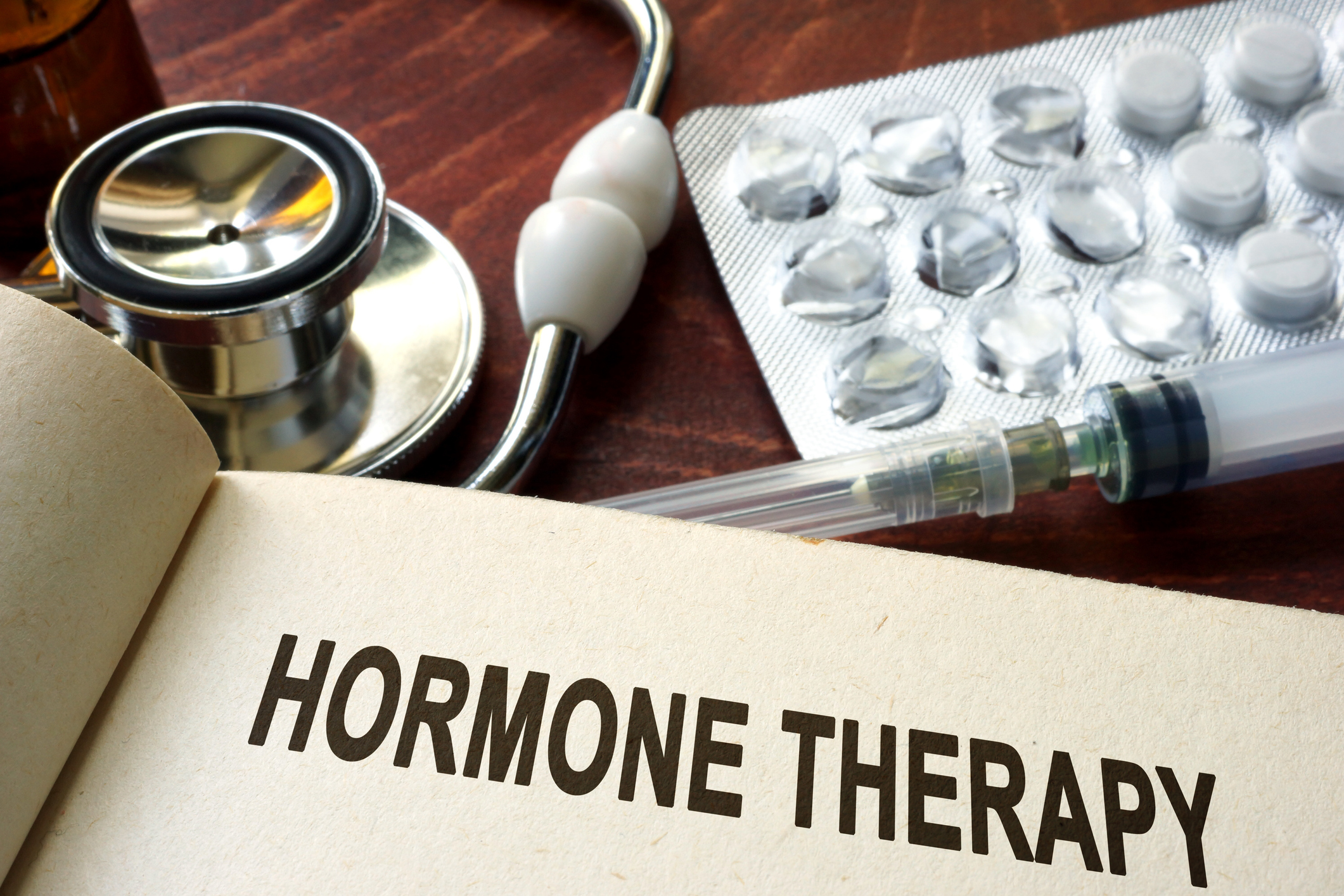Testosterone has always been seen as a double-edged sword: on the one hand, it has significant benefits for the body and, on the other hand, it is seen as a risk factor for the onset of hormone-dependent tumors such as prostate cancer.
A recent study by Spanish researchers, who presented their work at the last European urology congress, was published in which they not only reject the notion that testosterone causes prostate cancer, but also suggest that, in fact, having levels within normal range improved the prognosis of patients already diagnosed with the disease and who had undergone a radical prostatectomy.
Dr. Moisés De Vicente – Neolife Medical Team
Little by little, testosterone is breaking free from its bad reputation.
Testosterone has always been seen as a double-edged sword: on the one hand, it has significant benefits for the body and, on the other hand, it is seen as a risk factor for the onset of hormone-dependent tumors such as prostate cancer.
Testosterone is an essential hormone for the proper functioning of our bodies. However, over the years, there is a decline in production in both men and women, which is often accompanied by symptoms such as lack of vitality and decreased sexual desire. However, in addition to these symptoms, testosterone directly influences the regulation of lipid metabolism, carbohydrate metabolism and is capable of modulating the functionality of different cells and tissues such as the endothelial tissue that covers our arteries, muscle, bone tissue, visceral fat, and hematopoietic tissue (1).

Most of these actions are performed by stimulating an androgenic receptor and activating growth factors, which are responsible for stimulating cellular metabolism. Logically, the lack of activity among these receptors due to the progressive decline in testosterone production that occurs over the years results progressively in the onset of sexual dysfunction, loss of muscle and bone mass and the increase of visceral fat.
In short, the lack of testosterone results in multiple deleterious processes for our body. This could be corrected by administering the hormone of which we have a deficiency. However, the fear that the onset of a tumor might be precipitated means that it is not used in many cases where it is clearly necessary. That’s the downside.
However, it appears there may be an unexpected upside, or at least one that wasn’t fully understood by our colleagues who performed hormonal studies in the past. A recent study by Spanish researchers, who presented their work at the last European urology congress (2), was published in which they not only reject the notion that testosterone causes prostate cancer, but also suggest that, in fact, having levels within normal range improved the prognosis of patients already diagnosed with the disease and who had undergone a radical prostatectomy.
The study looked at 824 patients with this condition. 152 of them in whom low levels of testosterone were observed prior to surgery were treated with transdermal testosterone. What they later found was that this group of patients had a lower rate of biochemical recurrence (PSA levels) after one year of surgery compared to those who did not receive the hormone supplement. It was estimated that more than half (up to 53%) benefited from this treatment. Moreover, testosterone use was associated with a longer period before the recurrence or progression of the tumor. Specifically, patients who received testosterone took up to one and a half years longer to develop recurrences compared to those who did not receive testosterone.
Upon reviewing the results, researchers were surprised to find that the patients with more advanced tumors were those with lower levels of testosterone at the time of diagnosis, whereas those who had levels within normal range at the time of diagnosis had less aggressive tumors.
Until now, the adjuvant treatment for this type of tumor had been chemical castration through the use of anti-androgenic drugs. However, this study is turning all the guidelines upside down by presenting a therapy that is the complete opposite of what had been done so far.
Let’s put ourselves in the shoes of one of these patients. Thanks to this finding, I’ll be able to begin treatment with testosterone. Not only do I recover my sexual desire, my vitality and my mood after undergoing such a disruptive event as a tumor diagnosis and the invasive surgery performed on me, but the “cost” of regaining all of those vital functions for the physical and mental well-being of my body is none other than an improvement in my tumor’s prognosis!
Clearly, more studies are needed in this regard that include more patients at different tumor stages, etc. But the groundwork has been laid. It is very likely that, in the near future, treatment guidelines will change, and ensuring that adequate levels of testosterone are achieved in these patients will be encouraged to improve their survival rates. And with this comes an improvement in their quality of life.
So it seems that little by little testosterone is breaking free from its bad reputation, even among subjects who, according to the “old medical belief”, ought to fear it the most.
In healthy patients, treatment with testosterone is safe. There are no articles that suggest its use is related to the appearance of tumors. And after seeing how prostate cancer patients are “protected”, it seems unlikely that they will be published
At Neolife we consider treatment with testosterone fundamental in patients with androgenic deficit syndrome. By using it we are able to prevent diseases that are clearly related to its absence and, moreover, we alleviate symptoms produced by low levels of the same. We’re certainly on the right path.
BIBLIOGRAPHY
(1) Araujo AB, Dixon JM, Suarez EA et al. Clinical review: endogenous testosterone and mortality in men: a systematic review and meta-analysis. J Clin Endocrinol Metab 2011; 96: 3007–3019
(2) European Association of Urology (EAU) 2019 Congress: Abstract 646. Presented March 17, 2019.
